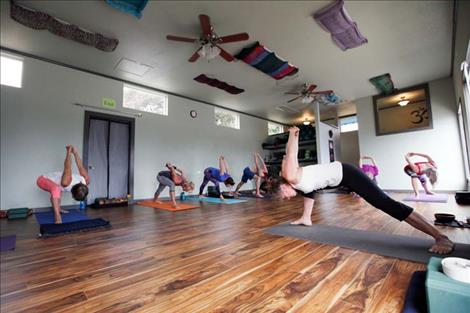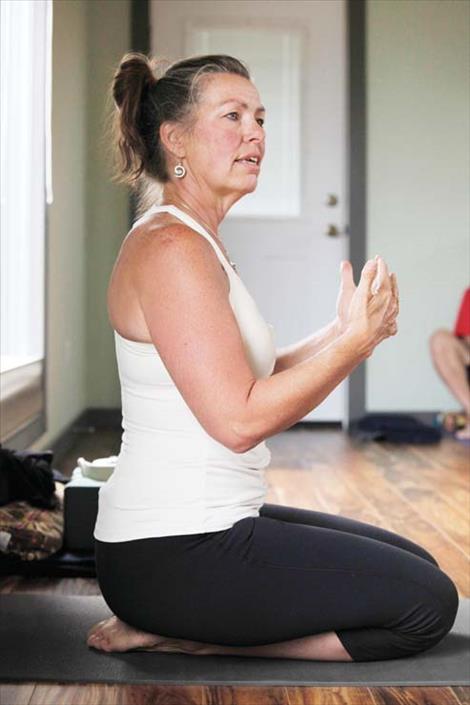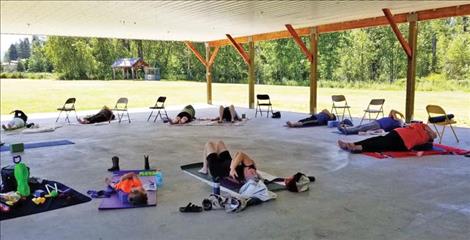Experts share strategies for handling pandemic isolation
Hey savvy news reader! Thanks for choosing local.
You are now reading
1 of 3 free articles.
Social isolation has as much impact on a person’s health as smoking and alcohol consumption, according to the Centers for Disease Control, but maintaining connections can be difficult during a pandemic.
“Public health actions, such as social distancing, can make people feel isolated and lonely and can increase stress and anxiety,” states the CDC, “however, these actions are necessary to reduce the spread of COVID-19. Coping with stress in a healthy way will make you, the people you care about, and your community stronger.”
“During times of increased social distancing, people can still maintain social connections and care for their mental health. Phone calls or video chats can help you and your loved ones feel socially connected, less lonely or isolated.”
People can use a few coping skills to handle pandemic stress, according to the CDC, including taking deep breaths, stretching, eating healthy meals, exercising, maintaining a regular sleep pattern, making time to unwind and connecting with community using social distancing measures, online resources, emails or phone calls.
“People with pre-existing mental health conditions or substance use disorders may be particularly vulnerable in an emergency,” according to the CDC. “People with preexisting mental health conditions should continue with their treatment and be aware of new or worsening symptoms. If you think you have new or worse symptoms, call your healthcare provider.”
Immediate help can be found by calling 911 or other crisis lines. The National Suicide Prevention Lifeline is 1-800-273-TALK (8255).
“The changes that can happen because of the COVID-19 pandemic and the ways we try to contain the spread of the virus can affect anyone,” the CDC states.
Psychiatrist Dr. Bessel Van der Kolk developed strategies for people to survive social isolation.
“There are certain core issues you can do to take care of yourself,” he said. “Number one is structure, number two is connection, number three movement and engagement, number four is practicing our competencies.”
Structure, he said, is important for maintaining mental health. “Structure, I think, that is where it starts. We need to have a predictable schedule where we get up at a certain time. We do our exercises at a certain time. We make our connections at a certain time. We eat our food at a certain time. We go to bed at a certain time.”
Step number two: as human beings, he said, we are meant for connection. “Our brain is about connection and communicating with other human beings, opening our hearts to other people. Being isolated is a terrible thing.”
“Thank goodness we live in a time of social media that allows us to connect with other people online. Talk to people regularly and talk to them at length. While online, play games with them, have fun with them, sing with them, exchange thoughts with them, argue with them. Whatever you want to do, but engage with the people around you.”
Number three: movement is essential for wellbeing. “Do something to move if you can,” he said. “Go for a bicycle ride, go for a walk. You need to exercise and feel your body. Join an online group and feel the pleasure of human connectedness.”
And finally, he said, “We are all good at something. Some people are good at cooking or writing or playing the guitar or stitching or whatever it is. Try to create as much as you can in the area you are good at during this time. It’s very important right now.”


















